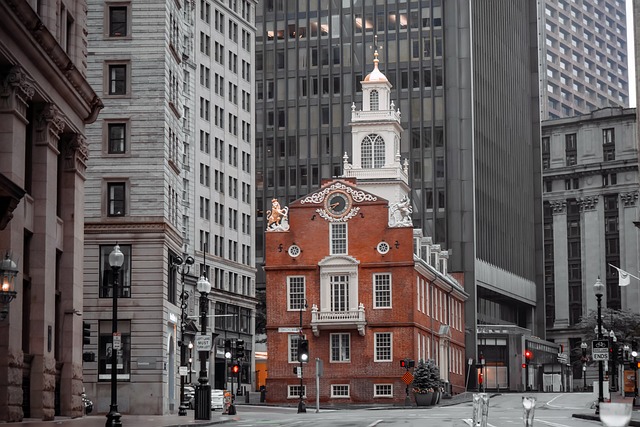Share This Article:

Case File
A Massachusetts worker had punched out and was heading to his car to leave for the day when a coworker plowed into him in an employer-owned vehicle. The exclusive remedy provisions of Massachusetts law kept him from bringing a negligence claim even though he was off the clock. Simply Research subscribers have access to the full text of the court's decision.
Case
Meehan v. Lazer Spot, Inc., No. 23-P-180 (Mass. App. Ct. 09/11/24).
What Happened
A worker brought a negligence claim against his employer and a coworker alleging that the coworker struck him while operating a vehicle owned by the employer. According to the worker, after his shift ended one day and while he was walking to his car, the coworker struck him the company truck. The impact threw the worker in the air and caused him "a variety of injuries."
The trial court granted the employer's motion for summary judgment, and the worker appealed to the Massachusetts Appeals Court.
Rule of Law
Massachusetts's Workers' Compensation Act provides the exclusive remedy for claims brought by an injured employee against an employer. Unless an employee expressly preserves his common law rights of action, a claim alleging negligence of an employer or of a coemployee foreclosed by the exclusivity provisions.
Massachusetts courts have extended compensability to injuries arising while an employee was arriving to or departing from work on a passage to which the employer had a right of use, such as a stairwell, elevator, parking lot, or outdoor passageway.
Workers' Comp 101: In Mannering's Case, 195 N.E. 757 (Mass. 1935), the Massachusetts Supreme Court held that an employee is within the scope of her employment while making her exit from the employer's premises after the end of her period of work, "either on land of the employer or by stairs over which [s]he has a right of passage."
What the Court Said
Because the worker received a personal injury arising out of and in the course of his employment, the exclusivity provisions of Massachusetts's workers' compensation law foreclosed the worker's negligence action, and thus the appeals court affirmed the trial court's decision.
The court rejected the worker's argument that he was not injured in the course of his employment because, at the time of the accident, he had concluded his employment activity and thus was not acting in furtherance of the employer's business.
The court found "little difficulty" in concluding that the worker's injuries arose in the course of his employment because:
(1) He had just "punched out," proceed to walk toward his car in the employee parking lot to go home.
(2) He was departing from work on a passage to which the employer had a right of use.
(3) There was a causal relation between his employment and the injuries he suffered.
(4) The risk of injury was a hazard to which his employment exposed him.
(5) His act of walking across the premises to his designated parking area was incidental to his employment.
The Takeaway
Just because a worker is no longer on the clock doesn't mean he's not at work for purposes of determining whether an injury arose out of employment.
california case management case management focus claims compensability compliance courts covid do you know the rule emotions exclusive remedy florida FMLA fraud glossary check health care Healthcare hr homeroom insurance insurers iowa leadership medical NCCI new jersey new york ohio osha pennsylvania roadmap Safety state info technology texas violence WDYT west virginia what do you think women's history women's history month workcompcollege workers' comp 101 workers' recovery Workplace Safety Workplace Violence
Read Also
- Apr 03, 2025
- Frank Ferreri
- Apr 02, 2025
- Liz Carey
About The Author
About The Author
-
Frank Ferreri
Frank Ferreri, M.A., J.D. covers workers' compensation legal issues. He has published books, articles, and other material on multiple areas of employment, insurance, and disability law. Frank received his master's degree from the University of South Florida and juris doctor from the University of Florida Levin College of Law. Frank encourages everyone to consider helping out the Kind Souls Foundation and Kids' Chance of America.
More by This Author
Read More
- Apr 03, 2025
- Frank Ferreri
- Apr 02, 2025
- Liz Carey
- Apr 02, 2025
- Claire Muselman
- Apr 02, 2025
- Claire Muselman
- Apr 01, 2025
- Frank Ferreri
- Apr 01, 2025
- Chriss Swaney




